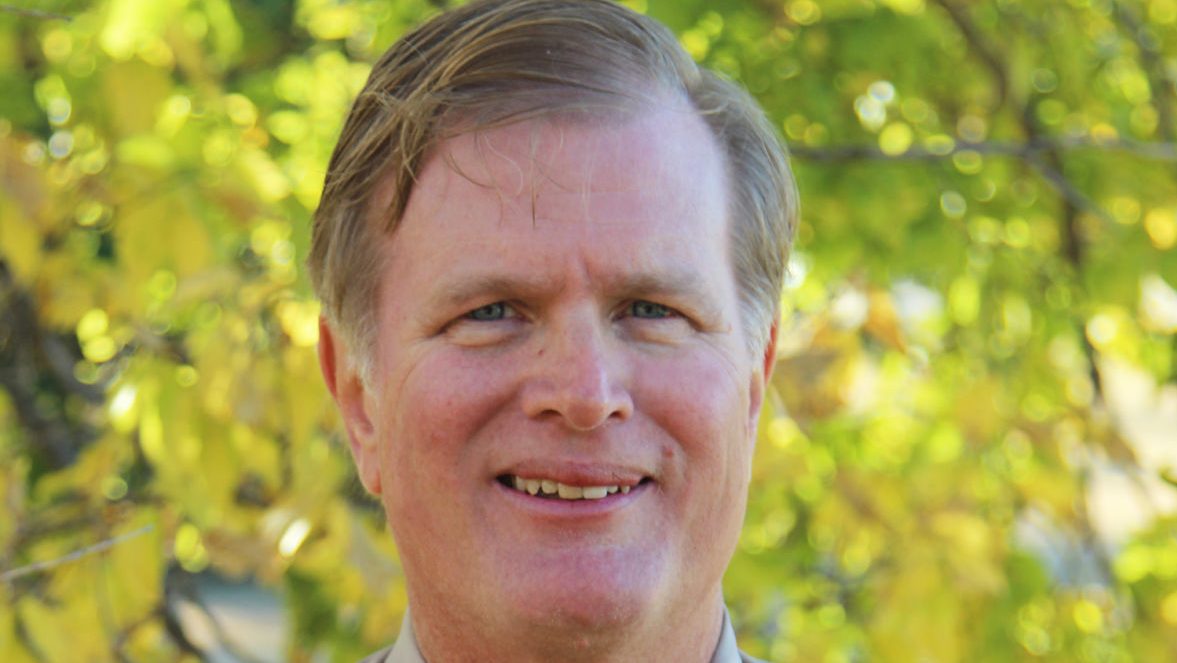Whether you liked or disliked Bob Dole it really did not matter because Bob Dole knew who he was and we are all the better because of him.
The recent death of Dole, a Russell, Kansas, native who lived to be 98, reminds us of what he believed—that any rural boy or girl can do anything on the world stage. Dole grew up in a small house during the Depression but he never considered himself poor because he was founded in small-town values.
Each step along the way was a learning experience and that included taking a $500 loan from a banker so he could attend the University of Kansas. His college career was interrupted when he was called to duty in June 1943. He received a Purple Heart when he sustained an injury to his right arm in Italy in April 1945, leading to a painful 39-month rehabilitation. He persevered and eventually got a law degree from Washburn University in Topeka.
Dole never spent much time dwelling on his World War II injuries. He often had a pen in his right hand as he shook hands with his left hand.
Over the years he was a proven commodity through difficult political times. He championed former President Richard Nixon but when Nixon resigned in the aftermath of Watergate in August 1974, it put Dole in the crosshairs and he barely won re-election to the U.S. Senate.
He never was challenged again in Kansas as Dole learned and did his homework. When the cattle market collapsed in the mid 1970s and the farm crisis occurred in the 1980s, Dole rolled up his sleeves and found ways through the legislative process to help farmers and ranchers.
Because of his Kansas roots he learned from all walks of life that grain and livestock producers needed to expand markets. He believed that American farmers and ranchers needed market access to sell their products.
Dole saw the ruins from the battlefields in World War II and admired how his political hero and fellow Kansan Dwight D. Eisenhower, a general and later president, understood the importance of being a humanitarian. Dole and fellow South Dakota Sen. George McGovern, a Democrat, wrote legislation that helped the needy with food stamps and the International Food Aid Program find ways to combat world hunger.
When he ran against President Bill Clinton in 1996, his wit, charm and easy-going style were rarely shown. Yet he made headlines when he called Clinton his opponent and not his enemy. The want to win can make people say things that can destroy a political—and a personal—relationship. Dole made it a point to nurture relationships after his unsuccessful run.
That was fitting for him because that was why he was a master at legislation. He spent most of his years in Congress being in the minority party but he found that when Kansans needed something he could reach out and get something done.
Dole’s legacy is backed up by his actions. That appreciation will continue to grow and we have a duty to make sure it does.
Dave Bergmeier can be reached at 620-227-1822 or [email protected].

